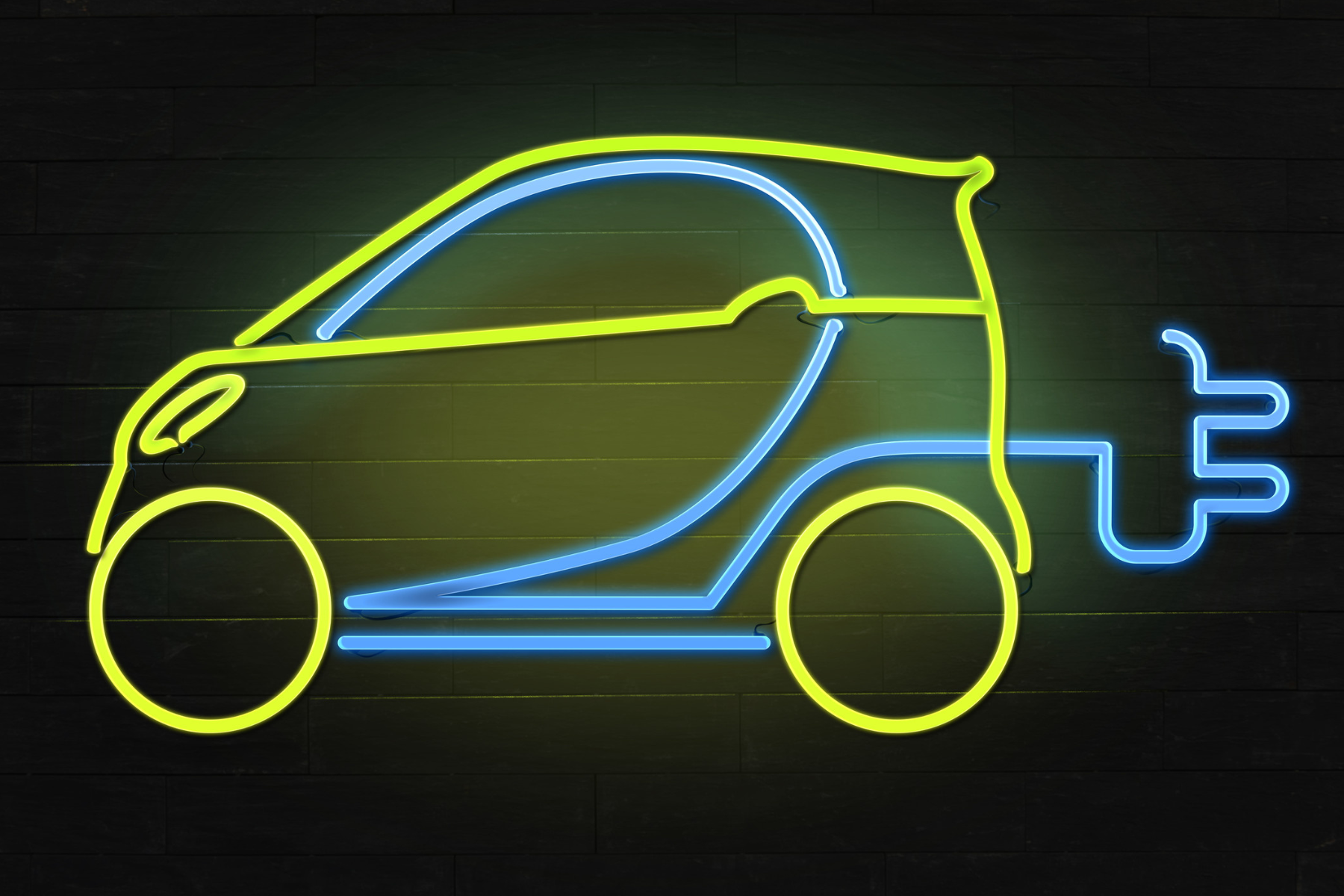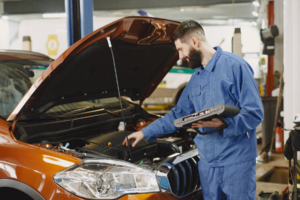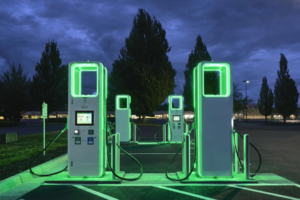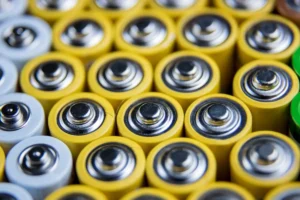AN EXPENSIVE SECOND-HAND MARKET
Several obstacles hinder the development of a sustainable second-hand market for electric cars, as highlighted by an expert in an exclusive interview with Express.co.uk. The UK government’s push to reduce vehicle emissions has prompted motorists to transition to electric vehicles, with the sale of new petrol and diesel cars slated for a ban in 2030. However, the high prices of new electric vehicles pose a challenge for some drivers. The surge in demand, coupled with the lingering effects of the pandemic and a global shortage of semiconductors, has resulted in price increases.
EV AFFORDABILITY
Experts have identified the affordability of used or second-hand electric vehicles as a crucial factor in facilitating widespread adoption of EVs among the British population. In an interview with Express.co.uk, Joanne Robinson, director of lenders at Zuto, discussed the necessary steps required to stimulate a burgeoning second-hand EV market. She said:
“On the finance side of things, we know the industry is ready — the vast majority of the lenders we work with will now finance a used EV today. The main issue stems from the supply side. Although for many people, the demand is there for second-hand EVs, there is still a severe lack of affordable supply.”
EV AVAILABILITY
Due to the limited availability of electric vehicles, the prices of second-hand electric cars
have been inflated, making them less affordable for many consumers. According to experts, it is anticipated that it may take approximately three to five years for a sufficient supply of vehicles to be available in order to meet the demand. Robinson added:
“Running costs are also a big barrier for consumers when going electric, even with second-hand models. For example, owning an EV now has become fairly expensive due to rising energy prices.”
1,000 000 EVs ON THE ROAD
By the end of April, Zapmap data revealed that there were more than 760,000 fully electric cars and an additional 490,000 plug-in hybrids registered on UK roads. Farhad Tailor, the managing director at V12 Sports and Classics, emphasized that the government has been progressively reducing support for electric vehicle (EV) drivers through the Plug-in Grants.
INCENTIVES TERMINATED
The Plug-in Car Grant, which had been in place since 2011, was discontinued last year due to the significant increase in EV sales, reaching nearly 100,000 in the first five months of 2022 alone. The grant provided drivers with a £1,500 discount on the purchase of a new electric car. However, certain drivers, such as those interested in purchasing vans, trucks, and lorries, can still benefit from financial incentives. Furthermore, the support offered through the EV Homecharge Scheme, which provided grant funding of up to £350 for home charging points, was also terminated last year. After April 2022, the EVHS requirements were altered so homeowners who live in single-unit properties such as bungalows and detached, semi-detached, or terraced housing could claim. Tailor said:
“Consumers will need to do their homework first, as the overall cost of EV ownership is important to take into account.”
A GLIMMER OF LIGHT
In 2022, the number of registered battery electric vehicles exceeded 250,000, representing a 40 percent growth compared to the previous year’s sales. There is optimism that these figures will continue to rise in the future, particularly as fleet vehicles are expected to contribute significantly to a robust inventory of second-hand electric cars. This increase in supply is anticipated to create downward pressure on prices, making electric vehicles more affordable for consumers.











